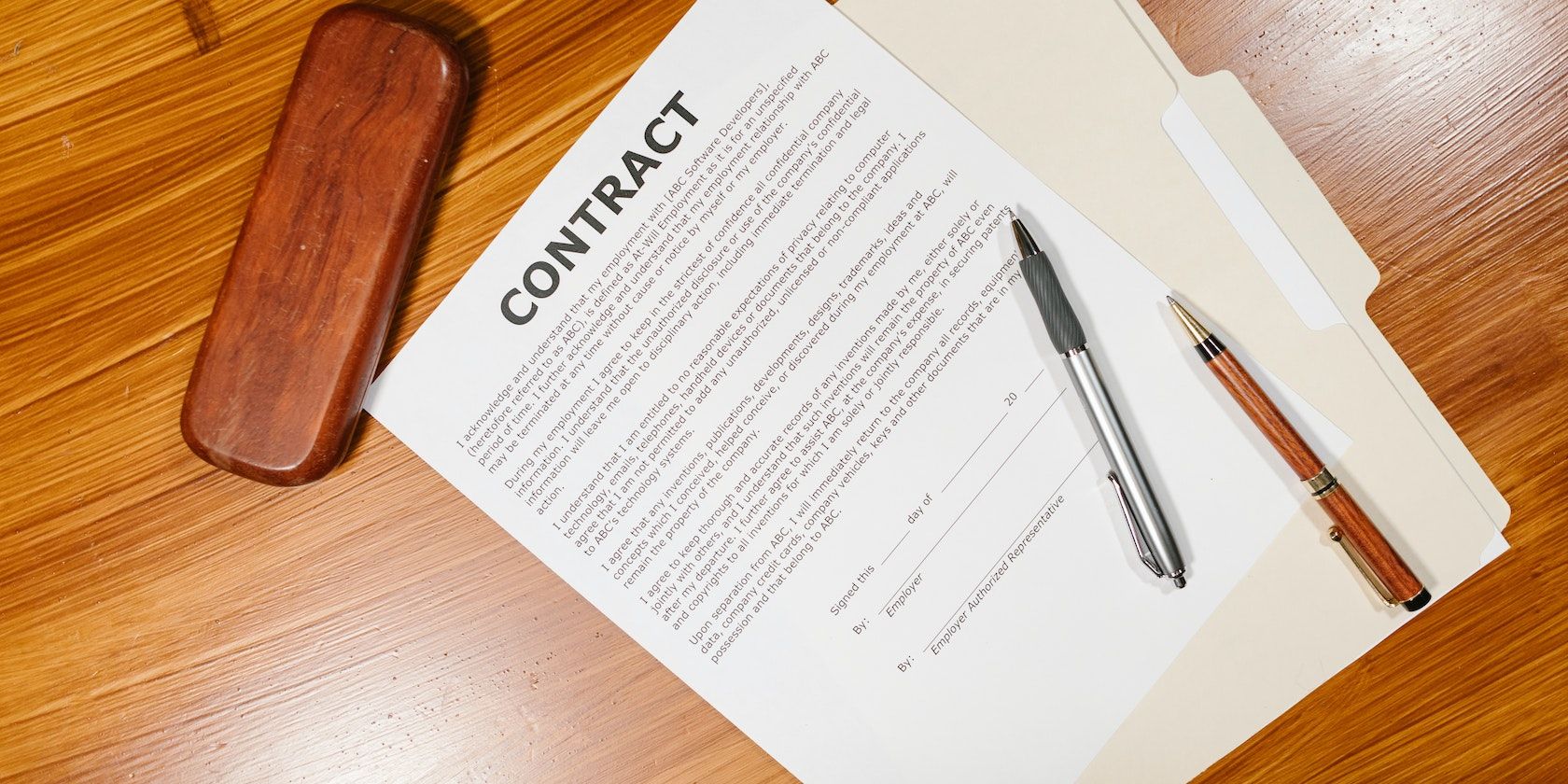Digital profiles are a huge part of our work life today, as most of us use social media to connect with colleagues and friends. We rely on them to build relationships with people with similar professional interests.
However, while you may think you own your digital profile, you may be surprised that your employer can claim them, especially if you set up the profiles while working for them. It has happened to more professionals than you would think, and it can be a major setback in your career if it happens to you. Here are some tips to retain control of your professional network.
1. Review Your Employment Contract
It’s a good idea to start by reviewing your employment contract, as there is often a lot of crucial information hidden in the fine print. Look for sections related to social media, email, electronic data, or online communications, as these will have the necessary information.
For example, your company’s policies may explicitly state that any digital content or profiles you produce or maintain while under employment within the company is its intellectual property and does not belong to you. In other cases, the wording may be slightly different but mean the same thing.
If so, you can speak to company HR or your manager to see if they can adjust the policy. In some cases, you may be able to get an exception. Otherwise, you’ll have to use the other tips in this article.
2. Use Different Email Accounts for Work and Personal Contacts
This should go without saying, but for many of us, it’s far easier to use one email for all our digital needs. It’s way more convenient, for sure. However, it’s not smart to do so without mentioning the obvious cybersecurity risk.
You should have one email for work that links to your work profiles. A personal email account is preferable for communicating with contacts and friends outside your organization. This way, you maintain autonomy over your network.
3. Maintain Duplicate Social Media Profiles
Most organizations consider Facebook profiles private property, so you shouldn’t have a problem using the platform. You can certainly add key clients and partners to your friend's list to communicate with them.
Maintaining duplicate LinkedIn or Twitter accounts, one with your work profile and another as personal property, is smart. However, you shouldn’t use your personal account on work devices or during work hours. Additionally, don’t list your current employer on your profile. A short overview of your industry should suffice. You may also want to learn how to manage your LinkedIn profile visibility.
4. Write a Personal Blog
This is especially important for professionals who publish a lot of content for work. While it is tempting to think that your byline on your organization’s website/blog is your property, it isn’t. Instead, publish content on a personal blog or write for other websites in your field. Of course, checking that this doesn’t breach your employment terms is important.
As long as you are free to maintain a personal website outside work, it would be best if you only published objective pieces that do not reflect on your current employer. That way, the organization cannot claim the work as it is under your name.
5. Save Contacts in a Journal
A black book of contacts has been a staple of effective networking professionals for decades, even before social media and digital networking tools. If you want to ensure that your employer cannot hold back your career by yanking your carefully cultivated list of contacts, writing them down using paper and pen is the way to go.
While this might be difficult initially, as we’re all on LinkedIn and others build professional networks on Facebook and Twitter, it makes sense as anything can happen to your account besides losing it to an employer. Besides, it still is one of the most effective ways to maintain long-held professional relationships.
Don’t Lose Your Career Connections
Switching jobs or leaving one organization for whatever reason shouldn’t hinder your career growth because you lost your contacts. You don’t need an old employer preventing you from taking the next step in your career because they’re afraid of what your network can help you achieve.
The tips in this article are going to be useful in helping you prevent that from happening. Use them wisely, as some may be more applicable to your circumstances than others.



